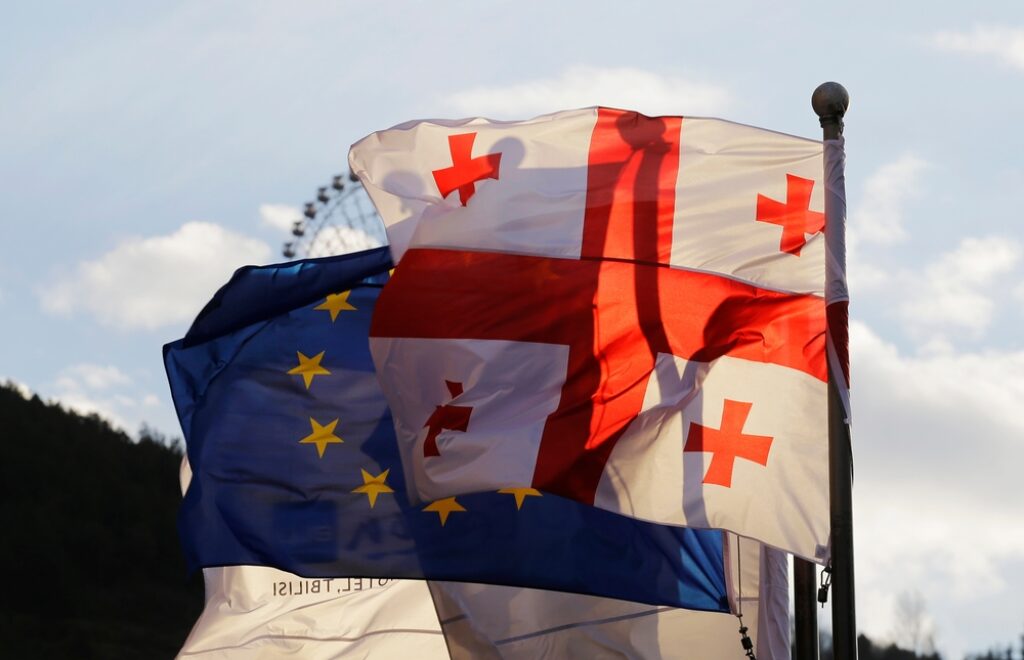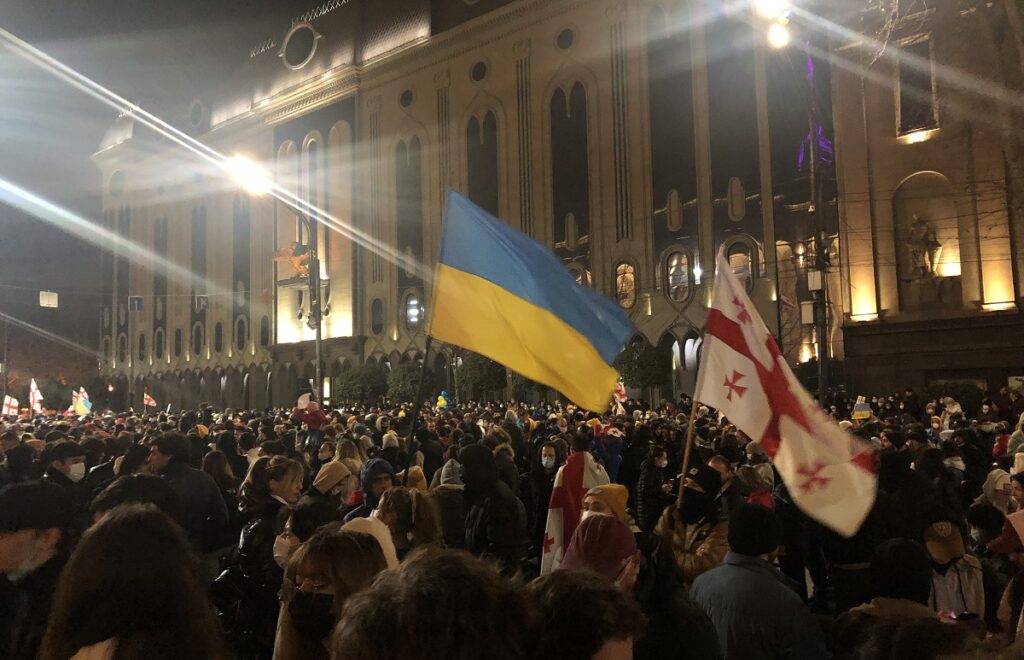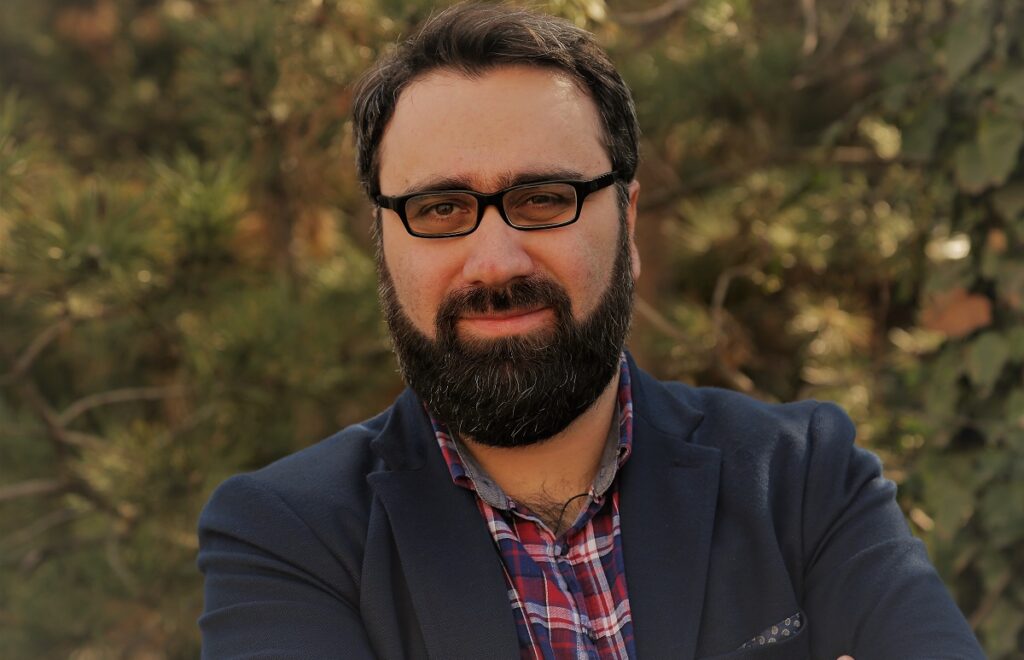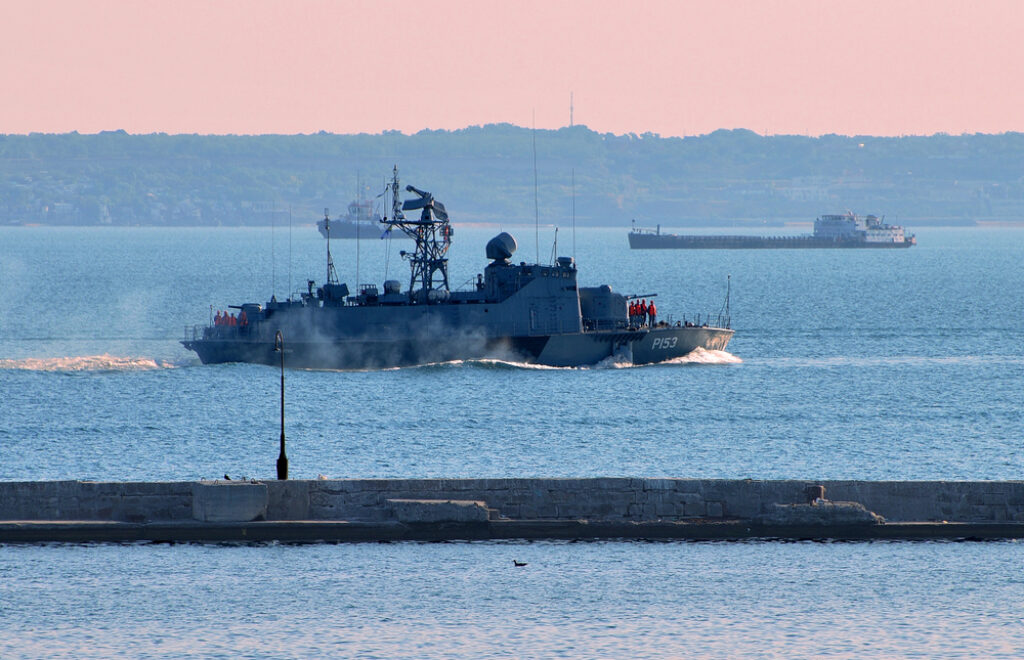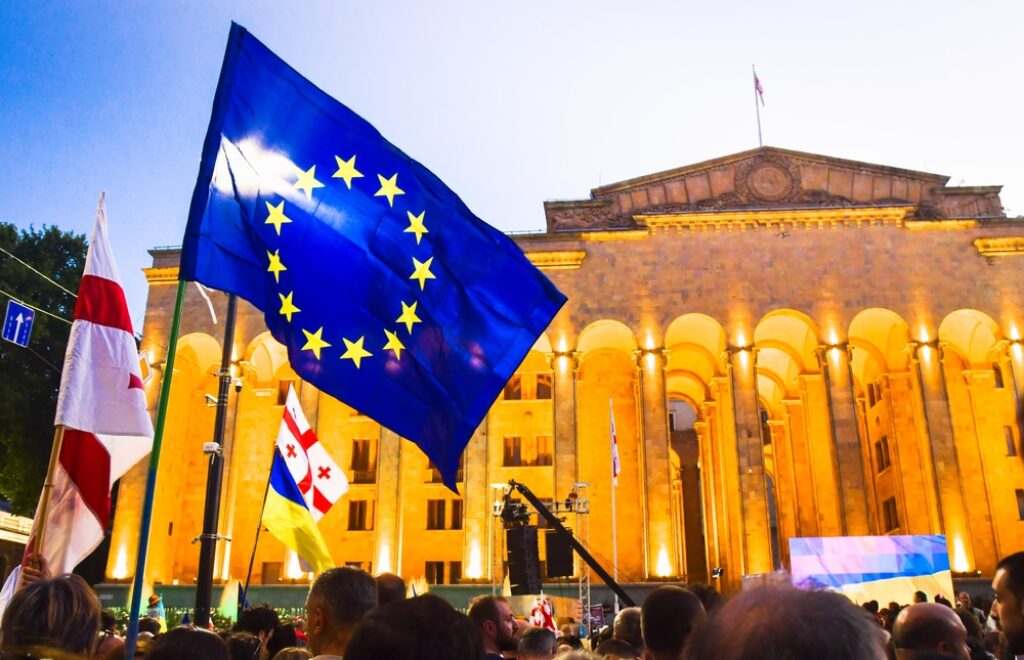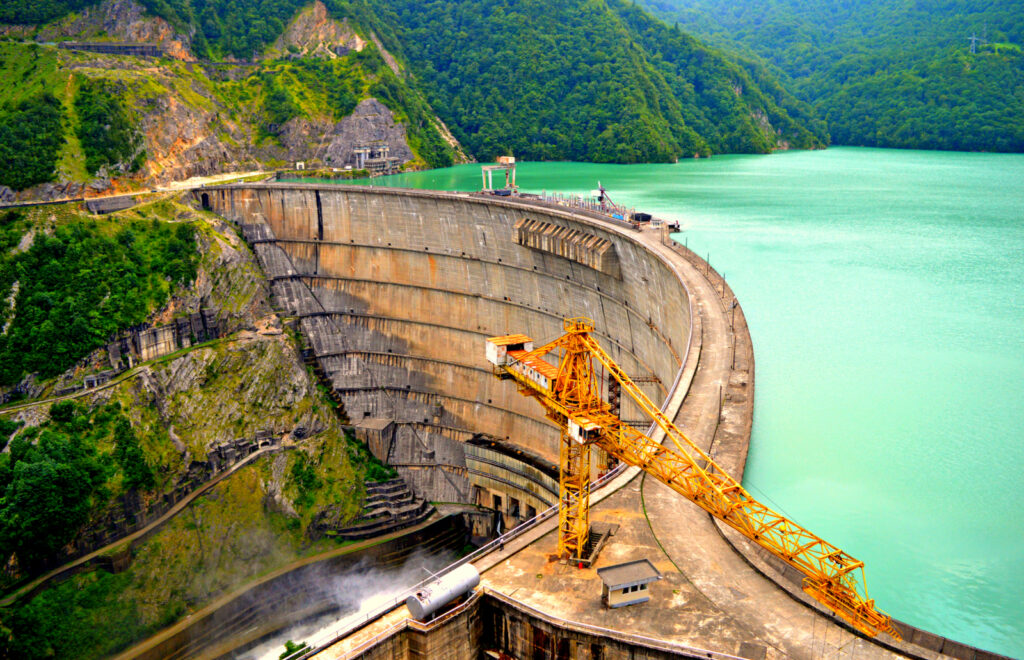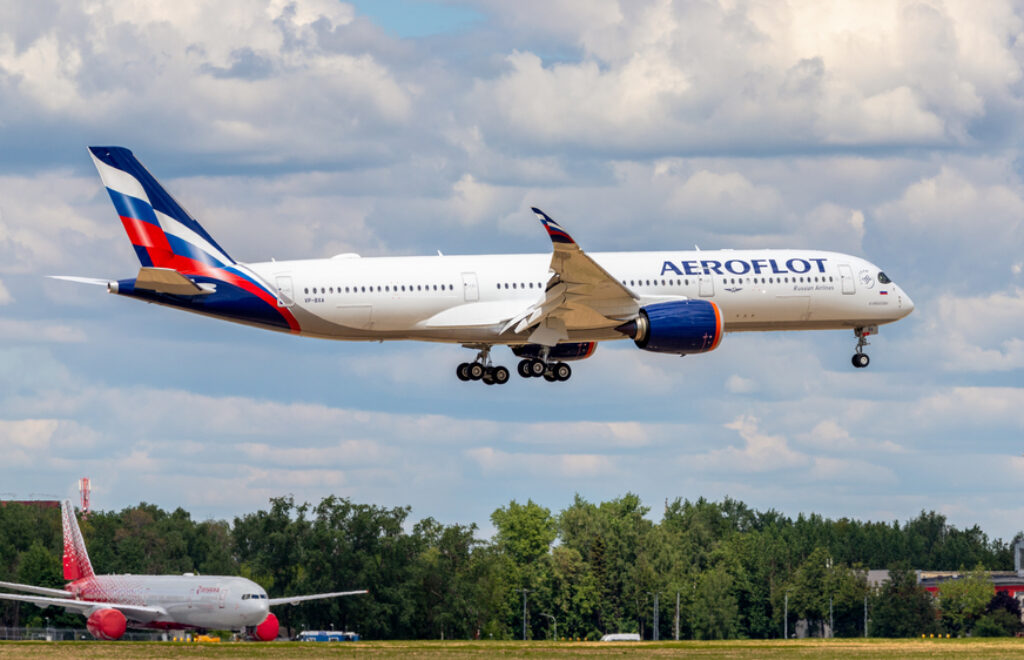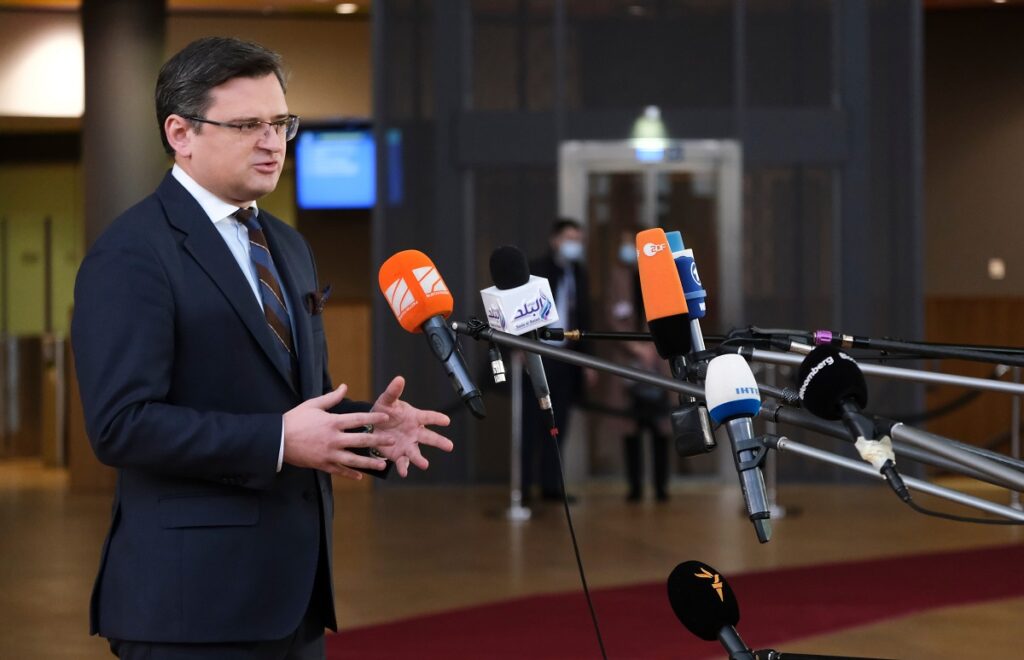Can Georgia get back on track?
Since the restoration of independence in 1991, Georgia has increasingly identified itself as part of the European family. Despite this, no real reciprocal steps have been taken by Europe to acknowledge these developments. Georgia has most often been perceived by Europe as part of its geographical periphery, somewhat separate from the continent. Since the formal establishment of the European Union in the early 1990s, Tbilisi’s dream of joining the EU has remained a utopian vision. The country has constantly been referred to as simply a “neighbour” of the EU.
October 3, 2022 - Beka Chedia


